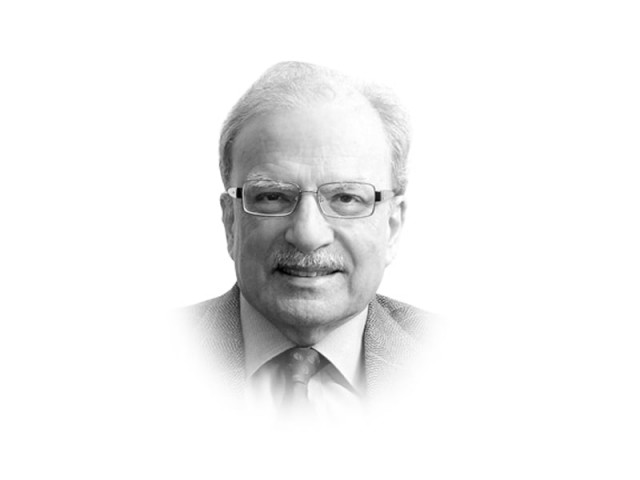Afghanistan’s six wars
In less than a century and a half Afghanistan has fought six wars. Each one of them changed the country

The writer is a former caretaker finance minister and served as vice-president at the World Bank
London drew a line that identified the parts of the Pathan belt that were to be part of British India. The line came to be known as the Durand Line, named after the official who put it on the map. It is of interest that decades later another British bureaucrat partnered with a French official to carve out the Middle East into several states placing them within the spheres of influence of Britain and France. Some of the troubles in these parts of the world can be traced to these highly arbitrary moves at nation-creation. Kabul to this day has not accepted this line as its southern border. This remains one of the areas of contention between Afghanistan and Pakistan. The third war was the outcome of the invasion of Afghanistan by the Soviet Union. Moscow sent in its troops to consolidate the regime of President Babrak Karmal. He had strong Soviet-leanings, subscribing to the ideology most Afghans, in particular the Pathan tribes, regarded as “godless.” The United States, Pakistan and Saudi Arabia were also troubled with the Soviet Union’s occupation of Afghanistan, each for its own reasons. Washington did not want Moscow to gain access to the warm waters of the Persian Gulf and the Indian Ocean, a long-time ambition it had not succeeded in achieving. Riyadh did not want a conservative Muslim state to fall under the spell of communism. Islamabad saw Moscow’s intervention as a prelude to the loss of its influence in Kabul.
The fourth war was a civil war that involved half a dozen tribal militias, each with its agenda but one immediate aim — to expel the Soviet Union from their country. Once Moscow was out the mujahedeen groups couldn’t agree on how the country they had liberated should be governed. Ultimately, the Taliban, a tribal group that was not a part of the original seven, triumphed. Helped by Islamabad, it was able to beat the other groups to reach Kabul and established an Islamic state.
The fifth war brought the United States directly into the Afghan conflict. This war was fought by Washington to punish Kabul for providing sanctuary to Osama bin Laden. He believed that a major terrorist attack on mainland America would persuade Washington to leave the Middle East to its devices. The attack, which came to be known as 9/11, had the opposite effect; it brought the United States more fully into the Muslim lands. Although President George W Bush’s Afghan war ended quickly and in triumph, it morphed into the sixth, the longest lasting war the Americans have ever fought. Application of some force coupled with aid and advice could transform even a place like Afghanistan from a primitive tribal society into a modern state.
There is now an intense search for identifying a villain in the Afghan tragedy. Pakistan is a convenient candidate. Take one example of some recent writings by knowledgeable academics. An article contributed to The Los Angeles Times by Andrew J Bacevich is titled, “Divorcing Pakistan” and follows up with the sub-title, “Simply put, the interests of Washington and Islamabad do not align. Neither do our preferred forms of paranoia.” Casting Pakistan in that role will have enormous consequences. It may not hurt Pakistan as much as it may damage some of the struggles being currently waged in the world, in particular the war against extremist elements within Islam.
Published in The Express Tribune, July 11th, 2016.
Like Opinion & Editorial on Facebook, follow @ETOpEd on Twitter to receive all updates on all our daily pieces.















COMMENTS
Comments are moderated and generally will be posted if they are on-topic and not abusive.
For more information, please see our Comments FAQ